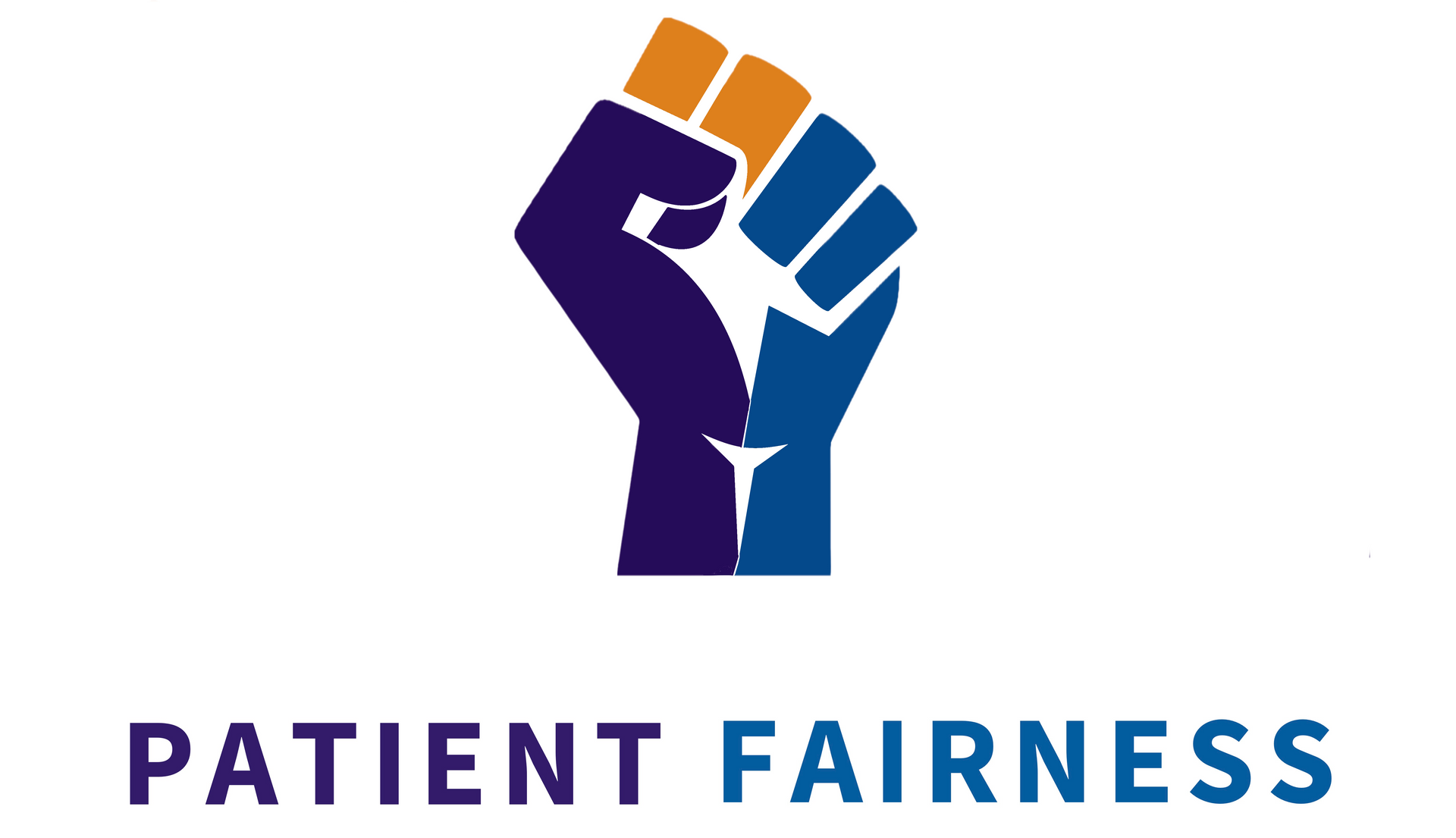How to Dispute a Problem Medical Bill
Surprise and other types of problem medical bills happen all too often—but they can be disputed and resolved with the right approach. A 2020 Kaiser Family Foundation poll found that one in three adults said their family had received an unexpected medical bill in the prior two years. JAMA Internal Medicine estimated the average out-of-network charges billed to patients beyond insurance coverage was over $2,000 per inpatient hospital stay, and $628 per emergency department visit. Whether a charge doesn’t match what a patient was quoted, a service or treatment is being wrongly charged, or a patient believes they are being charged unfairly, and possibly in violation of a federal or state law, there are ways to dispute problem medical bills.
In order to gather the right information and materials, you should be ready to assess the details and circumstances of the bill, raise relevant questions and concerns to the billing provider, and request more detailed versions of the bill, to be able to compare the prices charged to what the provider would be paid by Medicare and to the provider’s costs to render the service. If you receive a surprise or problem medical bill from a hospital, doctor, or other medical provider, you can follow steps like these to dispute it.
Step 1: Know Your Rights
There is a lot to know about medical billing error patient rights. Many state and federal laws give rights to patients regarding medical bills. One of the most significant is the federal No Surprises Act, which prohibits providers from balance billing patients above insurance payments in many cases, and requires providers to issue good faith estimates of their charges sufficiently in advance of services.
Beyond surprise bills and the No Surprises Act, patients need to assert themselves as equal parties with health care providers in health care transactions. In commercial transactions, two parties (a buyer and seller) enter an agreement and each party understands the commitments it is making. This should also be true for transactions for medical services, which means the provider has an obligation to ensure the patient understands and agrees to what services will be provided, the total cost for those services, and what the provider expects the patient to pay. Treating your medical transactions the same way you treat other purchases helps both with your mindset and your ability to address problems.
Step 2: Examine the Bill & Gather Context
Review the medical bill and the circumstances under which you may have received the services being billed. Review what the billing provider told you, and may have failed to tell you, about the services and your expected costs prior to receiving the services. Gather any records that document those communications. Compare the bill to the Explanation of Benefits from your health insurance company and any applicable health insurance benefits that should have applied. Did the insurer apply your benefits correctly towards the medical bill? Does the medical bill charge you more than the amount your insurance plan states you owe to the provider?
Step 3: Identify Concerns & Questions
Identify questions and concerns that you have about the medical bill that may impact if and what you owe. Did the provider disclose to you in advance what services would be provided and billed, and what the cost would be to you? Did you agree to pay the provider for those services at those prices? If the billing provider is out-of-network with your insurance plan, did the provider inform you of that prior to the services? Especially if you did not expressly agree to pay the charges on the medical bill, you may need the billing provider to share a version of the bill that is itemized or in the form of a standard used by insurers, so you can evaluate if the charge levels are fair and reasonable. These are just a few of the issues to raise that may be cause to reduce or eliminate a problem medical bill.
Step 4: Dispute the Bill
A Letter of Dispute sets forth all of your questions and concerns about the medical bill to the billing provider, and informs the provider that it must address these issues to your reasonable satisfaction. You may want to send the The Letter of Dispute to the billing provider via certified mail so there is evidence that the provider receives it. The Letter of Dispute needs to state explicitly that you are disputing the medical bill until the billing provider has addressed your questions and concerns. A thoughtful and factual Letter of Dispute helps the patient assert their rights and expectations, and stipulate the obligations of the billing provider, related to the medical bill.
Step 5: Pursue Resolution
After you have sent your Letter of Dispute to the billing provider, it is the provider’s responsibility to respond if it wants to continue to pursue payment of the medical bill. If the provider does respond to the Letter of Dispute, you will need to determine whether the provider reasonably answered your questions and addressed your concerns from the Letter of Dispute.
The provider may agree with your Letter of Dispute’s concerns, and cancel or reduce the medical bill. The provider may disagree with the points of your Letter of Dispute, and make no offer to cancel or reduce the medical bill. The provider may respond without even addressing the concerns from your Letter of Dispute. Regardless, your next step is to evaluate if the provider is dealing with you and your concerns in good faith, and if you want to reach a mutual settlement of the medical bill with the provider. How the settlement is negotiated is a separate topic, but a well crafted Letter of Dispute makes settlement possible.
Deciding to Dispute The Problem Bill
Some patients find the process of disputing a problem medical bill to be simple and easy to do by themselves, while others want help from a service like Patient Fairness. Patient Fairness can assist with assessing billing issues, preparing and sending the Letter of Dispute, comparing and sourcing prices, and keeping records of the entire process.
This article does not, and is not intended to, constitute legal advice and is not a substitute for the advice of an attorney.










